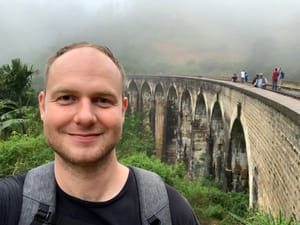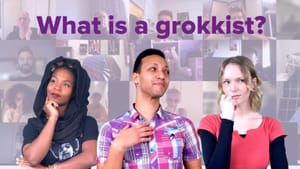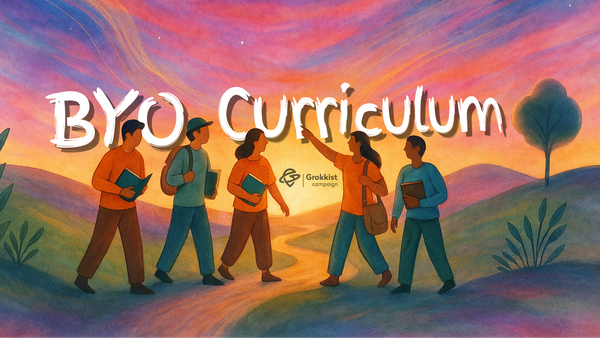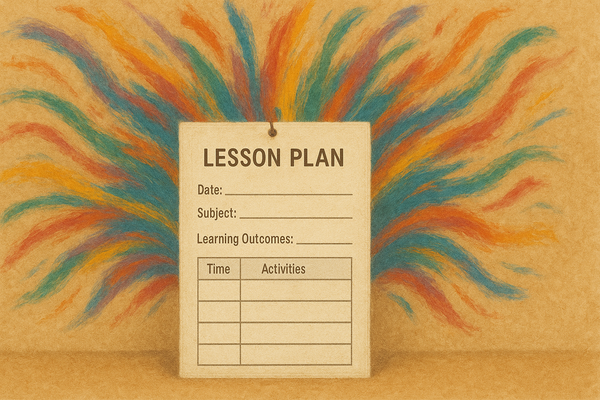In Deschooling Society (written in 1971), author Ivan Illich claims that one of the main things we learn from school is to confuse process with substance, a condition he refers to as ‘the schooled mind’:
[Our] imagination is ‘schooled’ to accept service in place of value. Medical treatment is mistaken for health care, social work for the improvement of community life, police protection for safety, military poise for national security, the rat race for productive work. Health, learning, dignity, independence, and creative endeavor are defined as little more than the performance of the institutions which claim to serve these ends, and their improvement is made to depend on allocating more resources to the management of hospitals, schools, and other agencies in question.¹
In other words, with school we have made one of the characteristic mistakes of what we like to think of as our rational societies - the mistake of confusing means with ends. Indeed, Richard Livingstone once said that ours is a society of ‘means without ends; rich in means beyond any other epoch, and almost beyond human needs; squandering and misusing them because it has no overruling ideal’.²
Oof.
If we want to avoid letting school interfere with education – that is, if we want to avoid confusing how we do learning with what it's for – we will first need to deschool our minds. This is easier said than done.
Deschooling the mind begins, as so many worthwhile projects do, by asking good questions. Illich again:
The planning of new educational institutions ... must not start with the question ‘What should someone learn?’ but with the question, ‘What kinds of things and people might learners want to be in contact with in order to learn?’³
It’s a good question, wouldn’t you agree? Let’s go further and see if we can personalise it in a more concrete way...
💭 Imagine you could start over in your professional life right now and be recognised for any subject you’re passionate and knowledgeable about. Without needing to go to School – just based on learning that you’re willing to do on your own time, through your lived experience and through the various groups and communities you're part of and contribute to. If that all somehow counted, what would you be interested in and what would you need to grok it?⁴
Have a think. Your schooled mind will no doubt already be jumping out of its chair with objections about how this would even work. Tell it to go have a lie down and then, once it's safely out of earshot, give yourself permission to imagine again but like this:

Once you have your deschooled answer, write it down and keep it somewhere you can see it. And if you feel comfortable, share it in the comments below or send me a DM on LinkedIn. If you're not ready to be that kind to yourself, imagine the answer for someone you love as if you could gift it to them.
If your imagination is a bit out of practice, maybe you'll need more time. That's fine – totally get it. Deschooling the mind takes time. Don't let it take a lifetime though, eh?
-Danu
¹ Ivan Illich, Deschooling Society, 1.
² Quoted in Barnes, Christensen, and Hansen, Teaching and the Case Method, 58.
³ Illich, 78.
⁴ You can listen to Mario Vasilescu of Readocracy pose a similiar question in this episode of the EdTech Insiders podcast (at 34:12)










